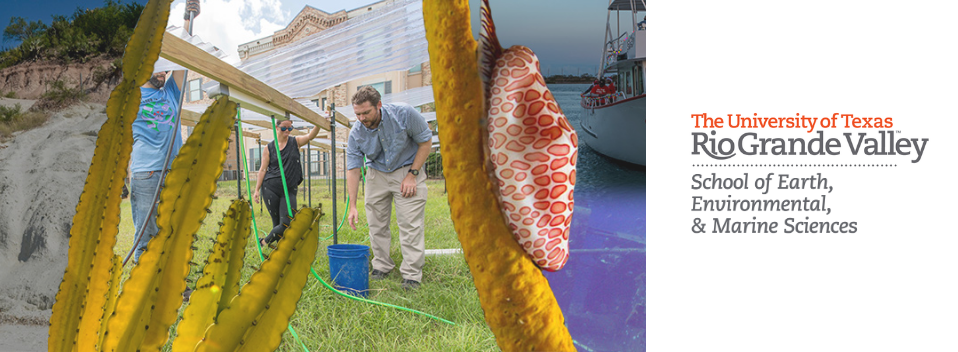
School of Earth, Environmental, & Marine Sciences Faculty Publications
Detection of environmental estrogen by piezoresistive microcantilever sensor: a cutting-edge review
Document Type
Article
Publication Date
8-24-2018
Abstract
Anthropogenic contamination of water resources with micro-organic pollutants has become a heightened concern as many of these compounds have been shown to have estrogen-like action on organismal function. Recent studies have demonstrated that wastewater effluent released to the environment contains estrogen at biologically relevant levels. It is therefore imperative to meet the demand for real-time/on-site detection of environmental estrogen. However, the technology that is currently used for this purpose is expensive, technically complicated, and not available for estrogen level determination at contaminated sites. The primary objective of this paper is to review the present-day technology involved in the design of a robust and rapid Lab-on-a-Chip (LOC), a device that automates multiple functions into a single integrated circuit, which could be implemented for the detection of estrogen in environmental water samples. This paper concisely encompasses different branches of science, e.g. micro/nano-bioelectronics, environmental health, toxicology, and biochemistry to analyze the underlying system dynamics of a LOC for viable detection of environmental pollutants. Particularly, we discuss the detection of environmental estrogen by piezoresistive microcantilever sensor and integration of the sensor with alternating current electrokinetics in a microfluidic chamber.
Recommended Citation
Islam, N., Vázquez, O. A., & Rahman, M. S. (2018). Detection of environmental estrogen by piezoresistive microcantilever sensor: a cutting-edge review. Toxicological & Environmental Chemistry, 100(3), 267–284. https://doi.org/10.1080/02772248.2018.1497633
Publication Title
Toxicological & Environmental Chemistry
DOI
10.1080/02772248.2018.1497633


Comments
Original published version available at https://doi.org/10.1080/02772248.2018.1497633